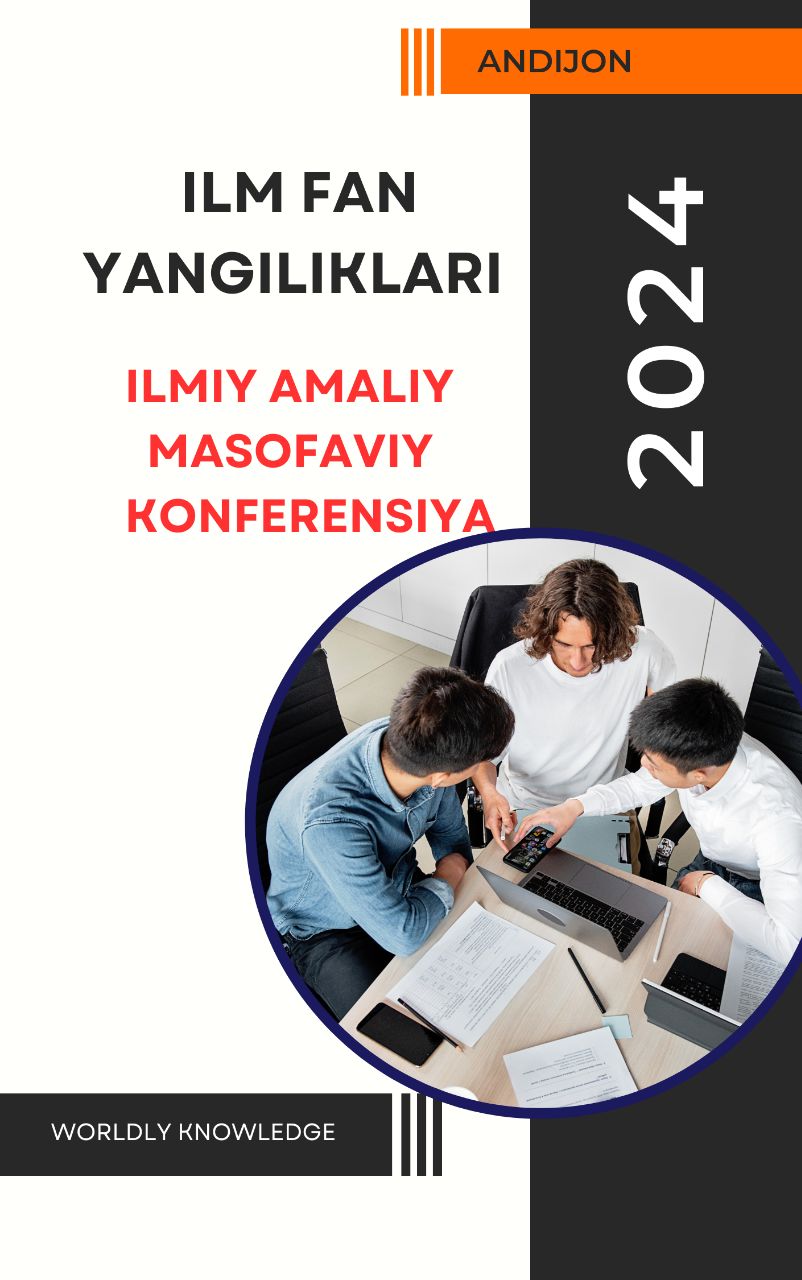COGNITIVE APPROACHES TO VOCABULARY ACQUISITION IN ENGLISH
Keywords:
vocabulary, reading comprehension, interactive tools, cognitive burden, mnemonic devices, contextual learning, language learning apps, online platforms, flashcards, vocabulary acquistion efficiency, spaced repetition, depth of processing, discussion.Abstract
Acquiring a strong vocabulary is essential to learning a language and becoming proficient in English. The brain processes that underlie learning are explored by cognitive techniques, which offer important insights into how students pick up, process, and remember new terminology. This extensive article examines several cognitive methods and how well they work to improve English vocabulary acquisition. It provides a thorough summary of recent findings and developments in this area by examining theoretical frameworks, empirical research, and practical applications. In order to support educators in optimizing vocabulary instruction, this paper attempts to add to the pedagogical discourse by highlighting the interaction between cognitive theories and useful teaching approaches.
References
Craik, F. I., & Lockhart, R. S. (1972). Levels of processing: A framework for memory research. Journal of Verbal Learning and Verbal Behavior, 11(6), 671-684.
Paivio, A. (1971). Imagery and Verbal Processes. Holt, Rinehart, and Winston.
Sweller, J. (1988). Cognitive load during problem-solving: Effects on learning. Cognitive Science, 12(2), 257-285.
Baddeley, A. D. (2000). The episodic buffer: a new component of working memory? Trends in Cognitive Sciences, 4(11), 417-423.
Nation, I. S. P. (2001). Learning Vocabulary in Another Language. Cambridge University Press.
Schmitt, N. (2008). Review article: Instructed second language vocabulary learning. Language Teaching Research, 12(3), 329-363.

